Ionity, the European fast-charging network, will further support electric vehicles

Its plan is to construct 400 high-power charging (HPC) stations by 2020
Its plan is to construct 400 high-power charging (HPC) stations by 2020
The electric car charging industry is growing really fast and with massive new networks. Ionity, the joint venture of BMW, Daimler, Ford and Volkswagen with Audi and Porsche, is one of them. The company has formed initial strategic partnerships for the realization of its “High-Power-Charging” (HPC) network for electric vehicles in Europe, securing the coverage of more than half of the approximately 400 sites planned to be built by 2020. The work on the first 20 stations –covering a distance of 120km (75 miles) between them- commenced in 2017, with the company targeting the installation of 100 charging sites in 2018, all in cooperation with existing gas stations. The new company, based in Munich, expects that the installations of HPC charging stations directly on the major thoroughfares will make electromobility significantly more convenient, especially for long-distance trips. The charging capacity of up to 350 kW will also reduce the waiting time for customers to a minimum, although there’s currently no electric car capable of charging at that rate (EV fitted with a CCS charging plug can still be charged at these stations up to their capacity – generally ~50 kW).
The first two HPC stations have recently opened in Germany, and another one was completed last month in Switzerland. By teaming up with Shell, OMV, Tank & Rast and Circle K, IONITY will also be able to install its fast charging infrastructure at sites throughout other European countries such as Belgium, France, the Netherlands, Austria, Poland, Slovakia, Slovenia, the Czech Republic and Hungary. “The agreements with these prestigious partners constitute an important initial milestone in our relatively short company history. So in the future, we will be able to offer a large number of fast charging stations at attractive sites along major roads in Europe,” says Marcus Groll, the company’s COO.
“Germany is an important transit country in the European transport system. Our collaboration with IONITY will promote unlimited, crossborder e-mobility along Europe’s main roads. This means we will be facilitating the breakthrough of electromobility in Germany and beyond. By installing fast charging stations with a 350 kW charging capacity in the Tank & Rast service network, we are taking the next step and gearing our service to the future needs of our customers,” says Jörg Hofmeister, Head of Electromobility at Tank & Rast. Manfred Leitner, Director of Downstream Operations at OMV said: “In cooperation with the automobile industry, we are working on a fast-growing field of technology. We are intensifying our efforts to offer our customers an additional alternative mobility service, thereby moving one step closer to a sustainable energy future.” Regarding Ionity’s collaboration with Circle K in Norway, Michael Hajesch, the company’s CEO said that “As the world’s third-largest EV market, Norway is a very exciting market for us. It is regarded as Europe’s model nation in terms of electromobility. Here, our fast charging stations will enable us to make an important contribution to the further market development of electromobility”.
Source: Ionity
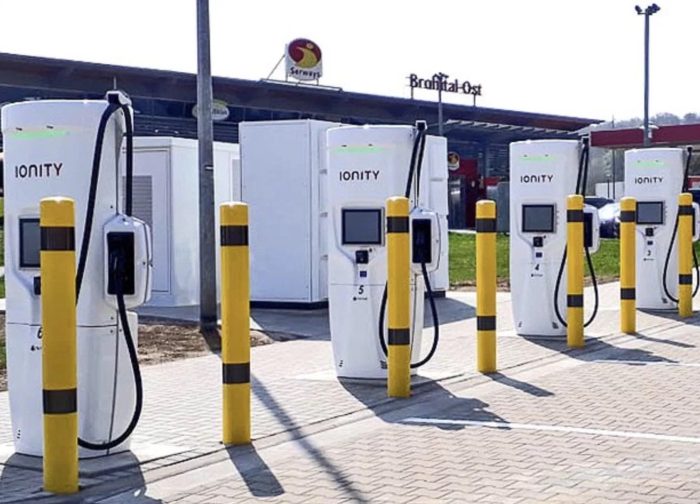
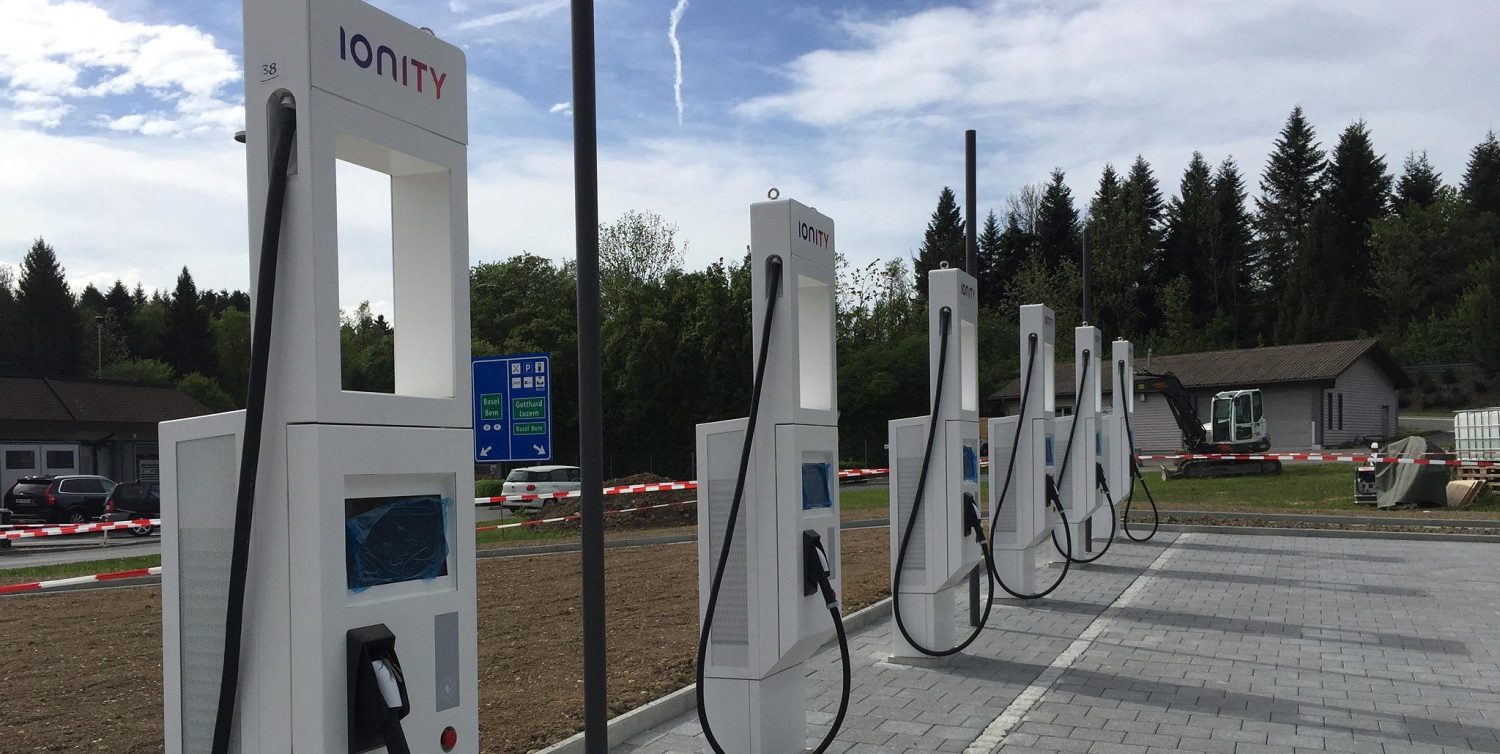
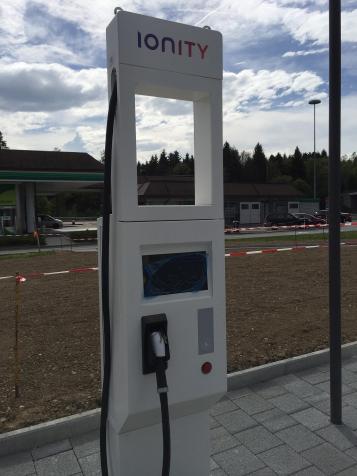

Source: Ionity
Media
Want to read more like this story?
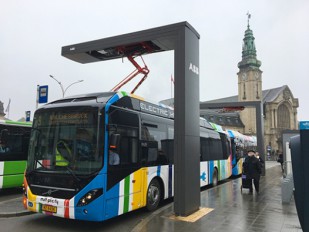
Luxembourg can now fast-charge the city’s electric hybrid buses
Feb, 23, 2017 | NewsA fully-charge cycle will take just three to six minutes! A fully-charge cycle will take just thr...

Curzon Street Station: A 21st Century Icon for the UK's High-Speed Railway Network
Sep, 18, 2024 | NewsThe high-speed railway development in the UK takes a significant step forward with the unveiling of...
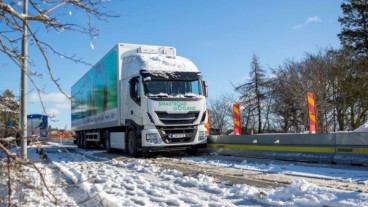
First road wireless charging system successfully tested
Feb, 26, 2020 | NewsA specially designed truck was successfully charged on a public road for the first time worldwide....
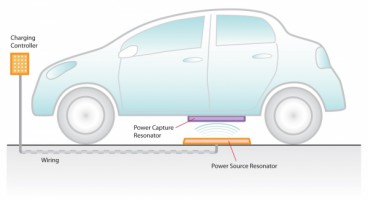
World's first electric road to be constructed in Sweden
Apr, 16, 2019 | NewsThe world's first electric roadway that will utilize wireless vehicle charging technology will be co...

All taxis in Beijing should gradually be replaced by electric ones
Mar, 17, 2017 | NewsChina's capital is fighting the great problem of air pollution China's capital is fighting the gr...

UK’s decarbonized transport project initiates
Apr, 13, 2020 | NewsThe United Kingdom Department for Transport (DfT) has developed a thorough plan to completely d...

Bridging the Future: HS2’s Interchange Station Reaches New Milestone
Oct, 09, 2024 | NewsThe construction of HS2’s Interchange Station in Solihull has taken a major leap forward with the i...

Congestion pricing: A new strategy to alleviate traffic
Aug, 12, 2019 | NewsAccording to a new report issued by the National League of Cities (NLC), an advocacy organ...

Transforming Liverpool: Stunning New Images of £100m Liverpool Baltic Station Plan
May, 23, 2024 | NewsLiverpool City Region is set to undergo a major transformation with the unveiling of the GBP 100 mi...
Trending

Taipei 101’s impressive tuned mass damper

Characteristics of Load Bearing Masonry Construction

China Completes World’s Longest Expressway Tunnel, Redefining Connectivity

The Billion-Dollar Airport Boom: 2025 Megaprojects Shaping the Skies

Dutch greenhouses have revolutionized modern farming

From AI to infrastructure: Construction’s expanding role in data centers


